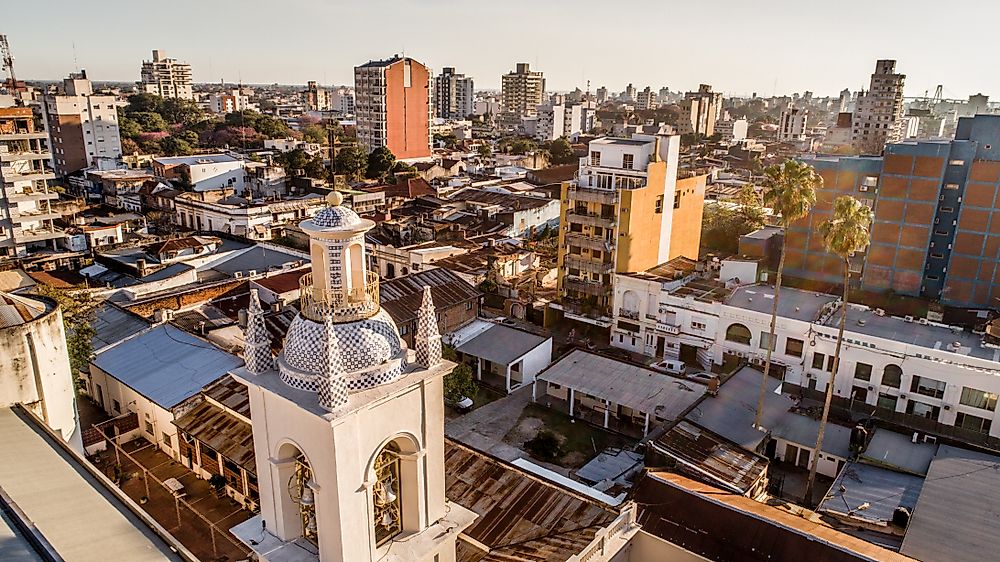Religious Beliefs In Argentina

Argentina is known to much of the outside world for its widespread Roman Catholicism. However, in daily practice, the country is quite secular, and the constitution guarantees freedom of religion. The citizens show high individualization and de-institutionalization of religious beliefs. A study conducted in 2014 showed that 23.8% regularly attend religious services, 49.1% seldom do, while 26.8% never attend. This article looks at various religious groups in the country with data from the CIA World Factbook.
Religious Groups in Argentina
Roman Catholic Christianity
According to the CIA World Factbook, 92% of Argentine citizens are Roman Catholics, although less than 20% practice their faith regularly. Although there is neither state nor official faith, the country gives the Roman Catholic a differential status through state financial support to the church. The history of the religion goes back to the colonial era where the church was the dominant religion and the leading social service provider. In the 19th Century, the relationship between the government and the church became sour over issues such as compulsory secular education, civil wedding, and government appointment of religious leaders. The Vatican together with conservative Argentinean administrators came up with the basis for a mutually acceptable relationship in the early 20th Century. There are seven Catholic universities in Argentina and hundreds of primary and secondary schools sponsored and run by the church. Cardinal Jorge Bergoglio (Pope Francis) of Buenos Aires became the first non-European pope since the year 971.
Protestant Christianity
The Protestant population in the country has been increasing in the recent past. A survey showed that only 9% of the population claimed to have been raised as Protestants, but 19% said that they are currently Protestants. The majority of those who had converted from Catholic sighted the desire of having a more personal relationship with God. The other reasons sighted were that they wanted a different style of worship as well as seeking a church that helped its members. Women who had been married to non-Catholics also sighted doing so as a reason they converted. The Pentecostal evangelism characterized by speaking in tongues, miracles, and receiving direct revelation from God has also played a significant role in converting Catholics to Protestants. Two-thirds of the Protestants identify themselves as Pentecostals. Protestants are the only group in Argentina whose majority of followers regularly attended services.
Other Beliefs in Argentina
There are several cults in the country, with the most notable one being La Difunta Correa (the deceased Correa), which is centered in a shrine in Argentina's San Juan province. Thousands of people come to visit the shrine annually to pay respect to a place where miracles have been witnessed since its inception in 1840. It is believed that a woman by the name Deolinda Correa was abandoned by her husband in civil wars after falling sick. The woman took off in search of her husband in the company of her son. Her supplies ran out, and she died. Her decomposing body was later, later and the baby was still alive feeding on her mother’s miraculously full breast. The story spread fast and residents of the nearby towns visited the place and later built a shrine which later culminated into a shrine. Deolinda Correa is the saint to the followers of the cult. Other cults include those led by Gauchito Gil, Miguel Angel Gaitan, and Mapuche Cacique. Other religions are Islam, comprising around 1% of the population, and Jews, with less than one percent.
Religious Beliefs In Argentina
| Rank | Religion | Population (%) |
|---|---|---|
| 1 | Roman Catholic | 92 |
| 2 | Other | 4 |
| 3 | Protestant | 2 |
| 4 | Jewish | 2 |











